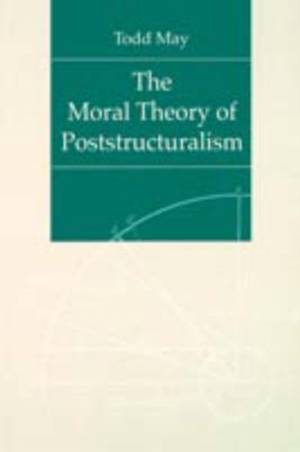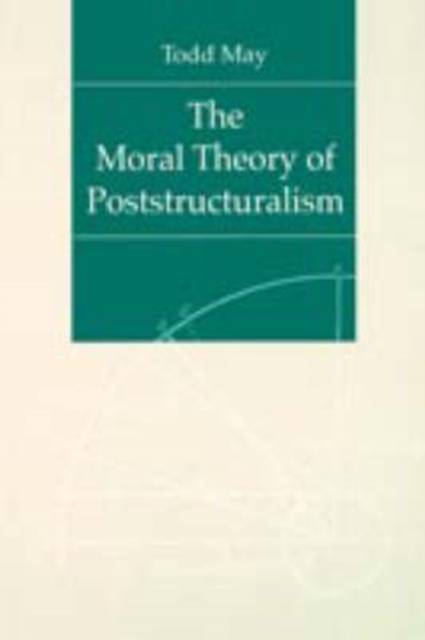
- Retrait gratuit dans votre magasin Club
- 7.000.000 titres dans notre catalogue
- Payer en toute sécurité
- Toujours un magasin près de chez vous
- Retrait gratuit dans votre magasin Club
- 7.000.0000 titres dans notre catalogue
- Payer en toute sécurité
- Toujours un magasin près de chez vous
Description
Both Anglo-American and Continental thinkers have long denied that there can be a coherent moral defense of the poststructuralist politics of Michel Foucault, Gilles Deleuze, and Jean-François Lyotard. For many Anglo-American thinkers, as well as for Critical Theorists such as Habermas, poststructuralism is not coherent enough to defend morally. Alternatively, for Foucault, Deleuze, Lyotard, and their followers, the practice of moral theorizing is passé at best and more likely insidious.
Todd May argues both that a moral defense of poststructuralism is necessary and that it is possible. First, he develops a metaethical view of moral theorizing that treats it as a social practice rather than a transcendentally derived guarantee for right action. He then articulates and defends antirepresentationalism, a principle central to poststructuralism. Finally, May offers a version of consequentialism that is consonant both with the principle of antirepresentationalism and with other poststructuralist commitments. In conclusion, he distinguishes morality from an aesthetics of living and shows the role the latter plays for those who embrace antirepresentationalism.
Spécifications
Parties prenantes
- Auteur(s) :
- Editeur:
Contenu
- Nombre de pages :
- 164
- Langue:
- Anglais
Caractéristiques
- EAN:
- 9780271025858
- Date de parution :
- 15-09-95
- Format:
- Livre broché
- Format numérique:
- Trade paperback (VS)
- Dimensions :
- 152 mm x 226 mm
- Poids :
- 226 g







